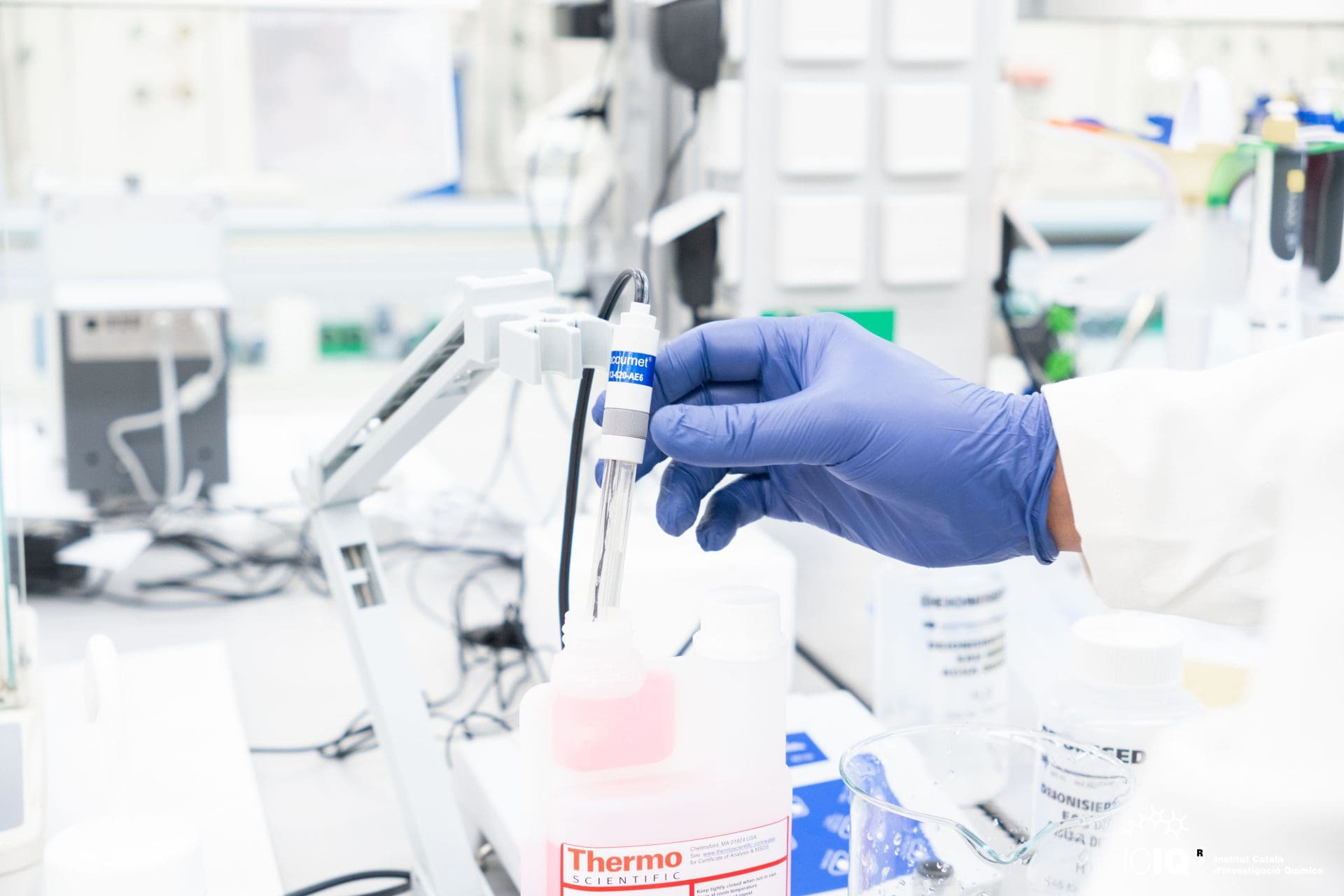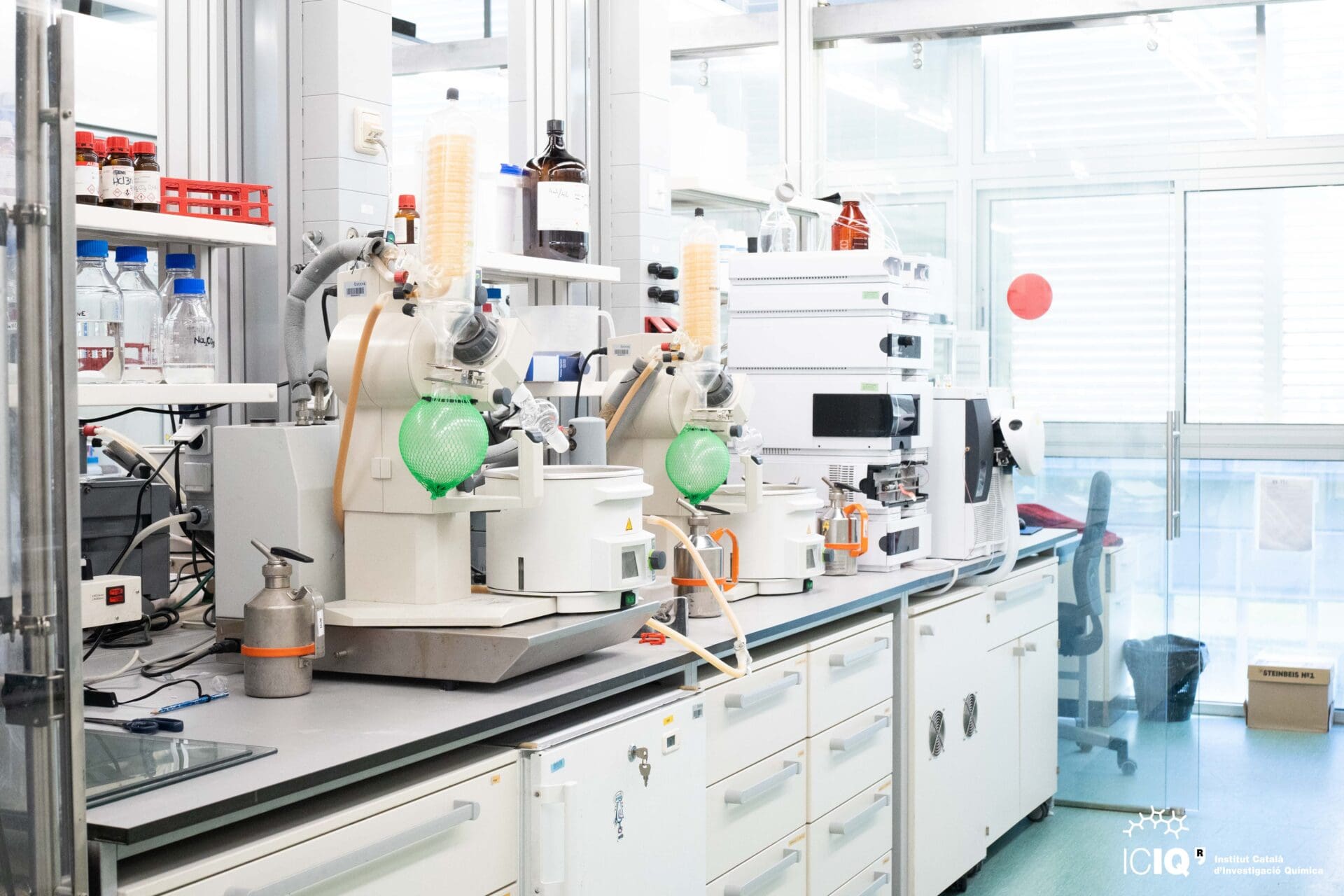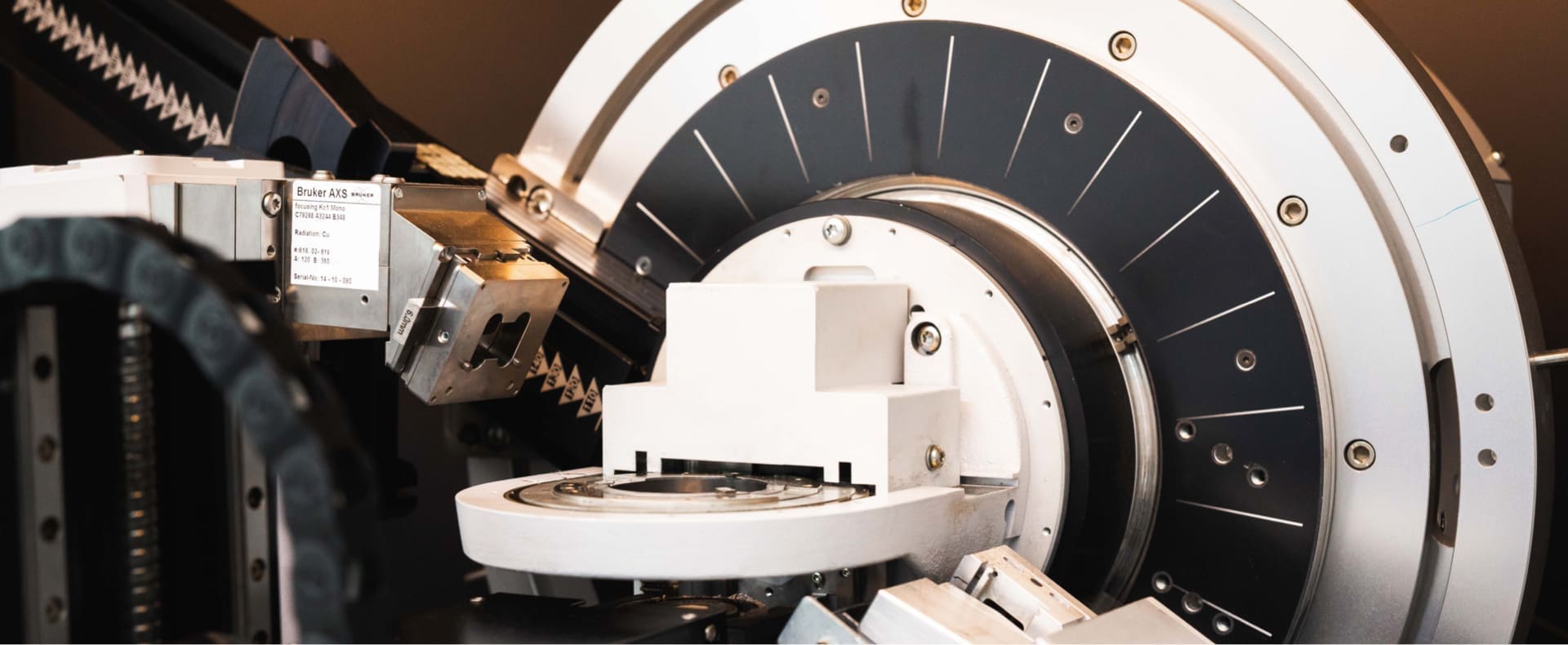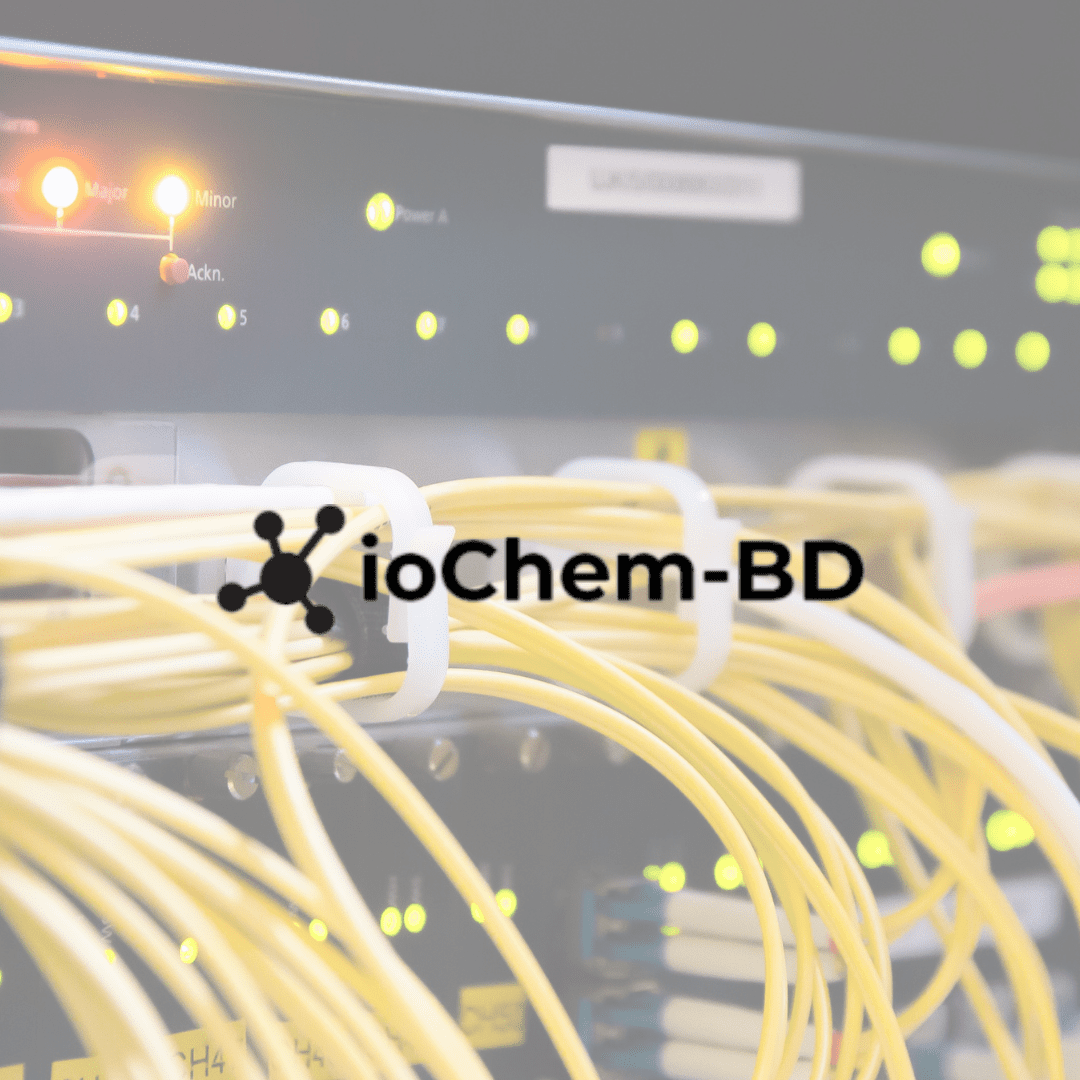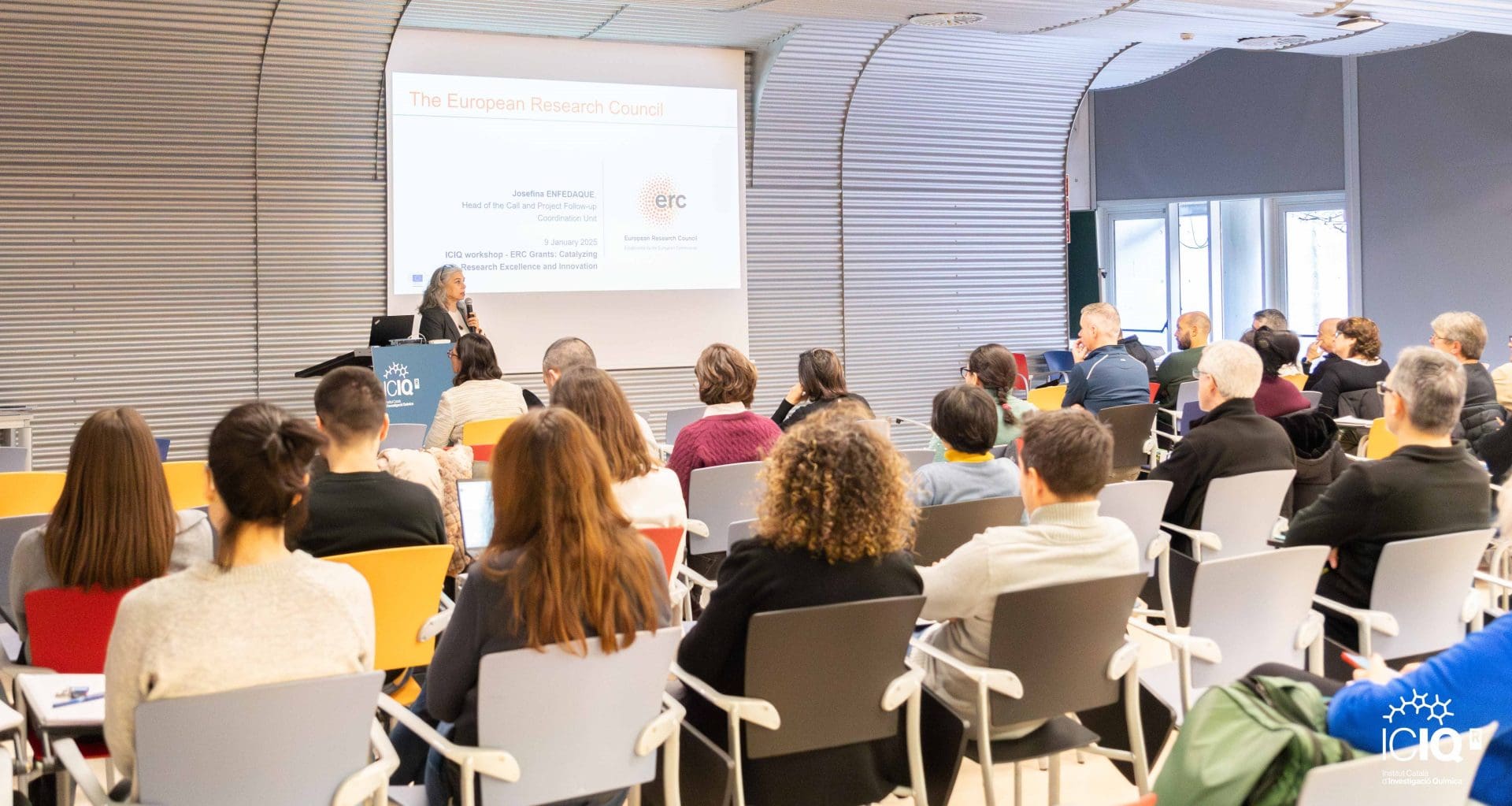Seven postdoctoral researchers awarded with MSCA-PF and Beatriu de Pinós fellowships to join ICIQ
From left to right: Zeixan Li, Debasis Pal, Majid Basharat and Frederico Frateloreto.
20th February 2025 – The Marie Sklodowska-Curie Actions Postdoctoral Fellowships call (MSCA-PF) for the year 2024 has successfully awarded four postdoctoral researchers. In addition, ICIQ has also secured three Beatriu de Pinós fellowships, bringing the total to seven postdoctoral researchers awarded with highly competitive grants.
The European MSCA-PF initiative specifically targets PhD holders aiming to conduct their research abroad, acquire new skills, advance their careers, and gain diverse experience in other countries, disciplines, and non-academic sectors.
The fellowships granted provide the opportunity for researchers to relocate from any country worldwide to Spain. The projects granted and awardees are:
> Debasis Pal (Prof. Marcos G. Suero group): Housane – Rhodium-catalyzed carbyne transfer strategy to streamline synthesis of housane. (GA No. 101205974)
This project will explore the synthesis of ‘Housane’, a molecule consisting of a cyclopropane fused to cyclobutane, which has been significantly underexplored and yet to appear in drug molecules. This can largely be attributed to the lack of general synthetic methods for the preparation of this motif.
This action aims to develop an innovative technology to rapidly construct housanes and housane derivative of drug molecules from feedstock and fine alkenes based on a Rh-catalyzed carbyne transfer platform. A key strength of this conceptually new and multidisciplinary proposal is the introduction of a secondment phase in Janssen (Toledo, Spain) to explore real-life applications.
> Frederico Frateloreto (Dr. José. A. Berrocal group): ActiMech – Activated Mechanophores for the Development of Mechanically Adaptative Materials. (GA No. 101202441)
ActiMech aims to establish a groundbreaking class of stimuli-responsive molecules that merge the unique properties of activated carboxylic acids and triarylmethane-based mechanophores. These innovative Activated Mechanophores will be developed to serve as mechanochromophores and initiators of reactions in solid-state materials, paving the way for novel mechanically adaptive materials.
The successful execution of this project will allow, in the long run, the fabrication of advanced materials that can serve as damage sensors in industrial facilities and instrumentation, enhancing the safety of places and technical operations.
> Rubén Laplaza (Prof. Carles Bo group): COMMCAT – Community Machine Learning for Homogeneous Catalysis (GA No. 101203787)
The discovery of new homogeneous catalysts is a key step toward sustainable material and energy production. Complex computational methods like density functional theory (DFT) and DFT-driven ab initio molecular dynamics (AIMD) provide valuable insights into the reaction mechanisms and the factors that influence catalytic performance. However, high computational cost limits their use for large systems and/or long timescales. This makes it difficult to model dynamic phenomena which are vital for understanding catalyst performance.
The COMMCAT project is built on the FAIR (Findable, Accessible, Interoperable, and Reusable) repository ioChem-BD to create an open, community-based platform for sharing data and trained machine learning potential (MLP) models. This will enable researchers to collaborate more effectively and to simulate homogeneous catalysis with greater detail and accuracy.
> Matheus Serra de Holanda (Prof. Emilio Palomares group): SOLID – Stable Optimized Layered Inorganic/organic Devices (GA No. 101202734)
This project focuses on developinge Layered Metal Halides (LMHs) with polyaromatic organic ligands that enhance π-stacking interactions in a manner to increase charge mobility within the new materials, targeting power conversion efficiencies above 20%.
SOLID will set new benchmarks for scalable, high-performance photovoltaic materials. The project will have broad scientific impacts, advancing knowledge in materials science and influencing future research and technology development. It will also contribute to societal goals by enhancing renewable energy adoption, reducing greenhouse gas emissions, and supporting the transition to a sustainable energy future.

The Beatriu de Pinós programme (postdocBP) is dedicated to attracting top postdoctoral researchers to Catalonia. Launched in 2005, it is funded by the Government of Catalonia’s Directorate for Research and managed by AGAUR.
This initiative provides financial support to help integrate postdoctoral researchers into Catalonia’s science and technology ecosystem. Participants have the freedom to choose their research focus in any field and selection is based on a fair, competitive evaluation process.
The programme is designed to help researchers strengthen their leadership, independence, and professional development. It also promotes international mobility, multidisciplinary collaboration and industry partnerships, while offering additional training to build transferable skills.
The ICIQ researchers awarded this funding are:
> Zexian Li (Prof. Marcos G. Suero group): New asymmetric bond activations by a catalytic carbyne transfer. (REF. 2023 BP 00237)
The main goal of this application is to develop a general platform for the catalytic generation of enantiopure rhodium carbynoids, from bespoke carbyne sources and enantiopure paddlewheel dirhodium catalysts, able to induce asymmetric C(sp2)– C(sp2) bond cleavage. This skeletal modification process will provide access to transient enantioenriched allyl cations capable to undergo nucleophilic inter- or intramolecular attack by a broad range of functionalities leaving to valuable enantioenriched allylic building blocks.
> Supriya Rej (Prof. Arjan Kleij group): EVOLUTION – Exploration of boron-based reducing agent for multiple borylation protocols: New route in photochemical borylation. (REF. 2023 BP 00059)
The aim of this project is to develop novel synthetic methodologies by designing a new type of boron-based radical precursor, which can be used as a valuable intermediates in photoredox-catalyzed borylation reactions. EVOLUTION will focus on two specific objectives, which are the application of new boron-based radical precursors in three-component coupling (3CR) reactions, and the application of boron-based radicals in 1,2-diborylations of olefins.
> Majid Basharat (Prof. Katherine Villa group): PHOTONEX – Multiplex Excited State Photoredox Colloidal Motors (REF. 2023 BP 00230)
This project aims to develop versatile light-driven colloidal motors, based on organometallic compounds, capable of self-propulsion in both aqueous and organic solvents. These colloids will selectively photo-catalyze reactions based on their redox potentials, mimicking natural photosynthetic systems. Their unique photophysical properties, including fluorescence, oxygen sensitivity, and responsiveness to oxidative and reductive pathways, will provide real-time insights into the underlying reaction mechanisms.
We acknowledge the support of the Beatriu de Pinós postdoctoral programme from the Secretariat for Universities and Research of the Department of Research and Universities of the Government of Catalonia.
Amb el suport del programa postdoctoral Beatriu de Pinós de la Secretaria d’Universitats i Recerca del Departament de Recerca i Universitats de la Generalitat de Catalunya, referència 2023 BP 00237


Related news

Let's create a brighter future
Join our team to work with renowned researchers, tackle groundbreaking
projects and contribute to meaningful scientific advancements
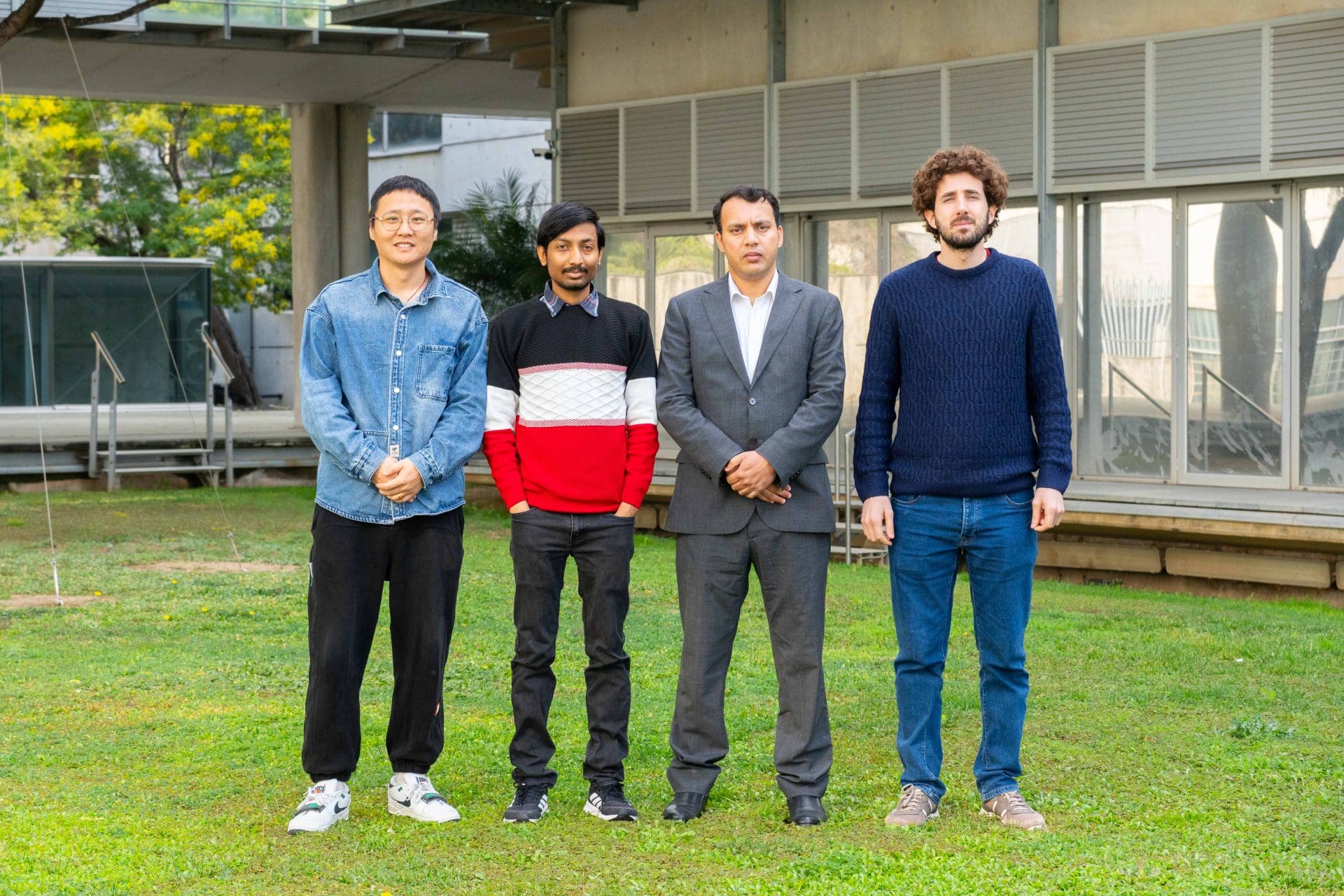





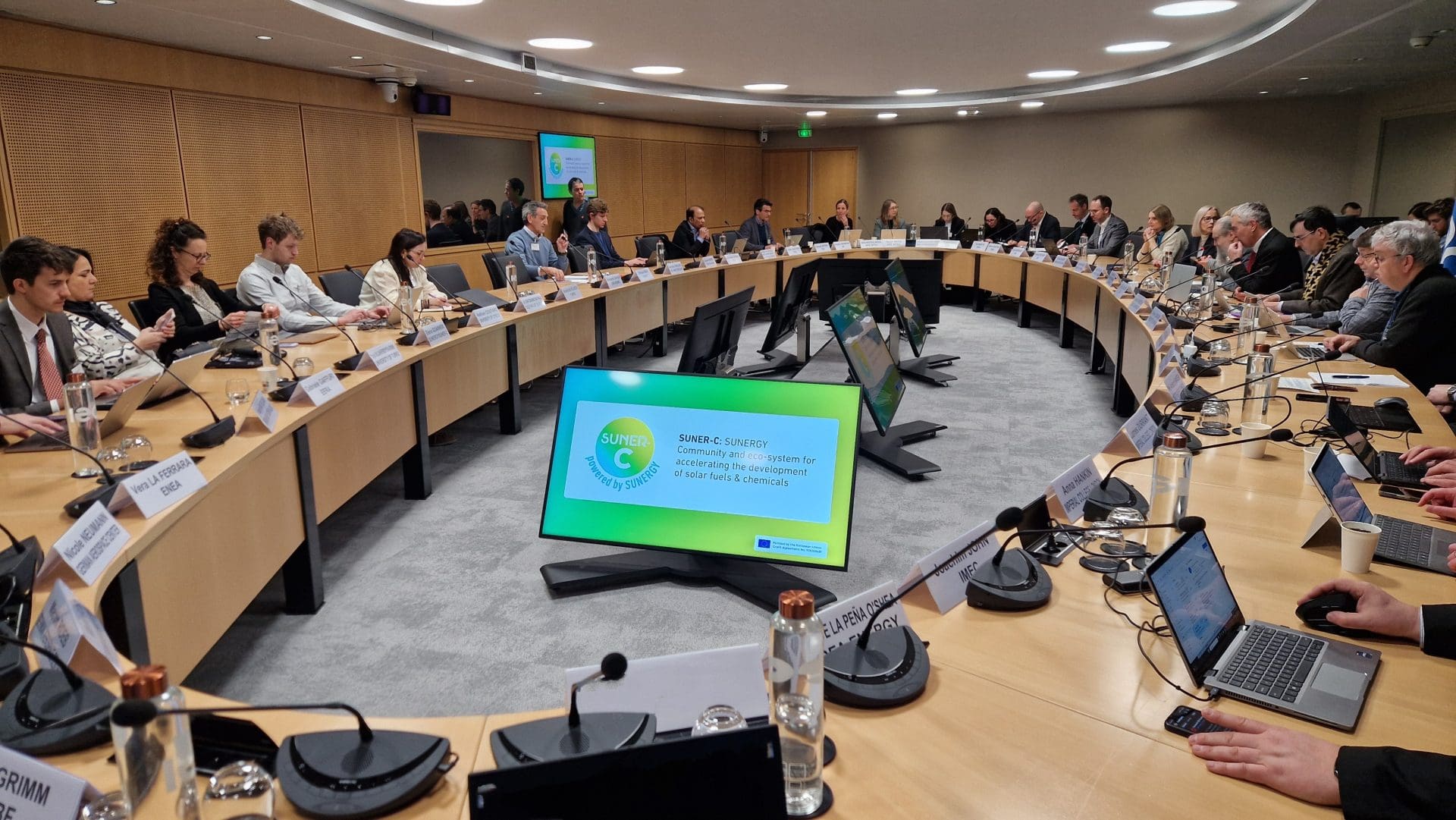
 28-02-2025
28-02-2025 